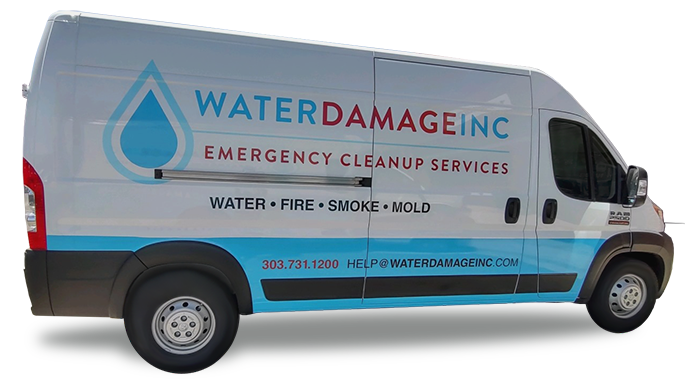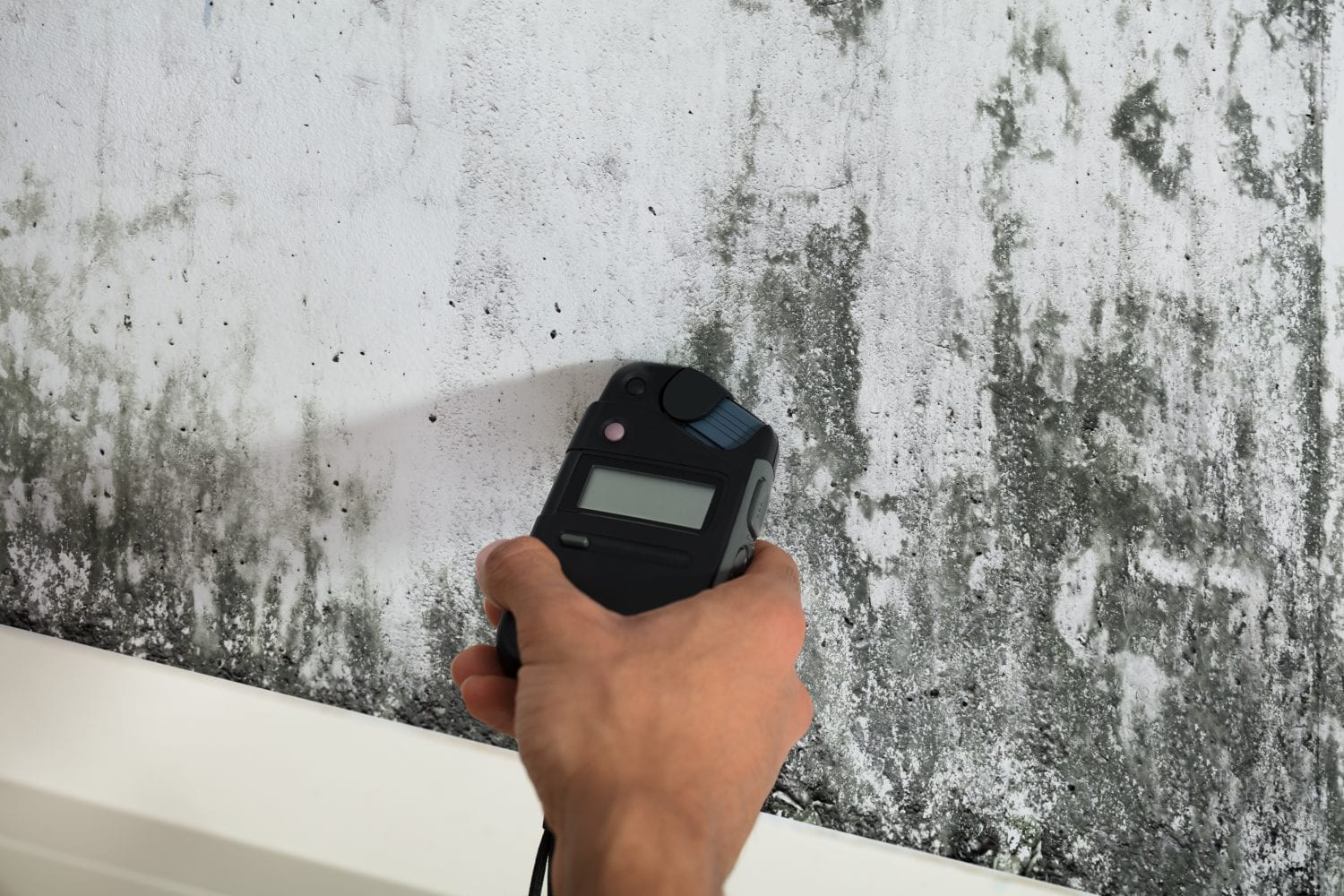Mold is a big worry for Denver homeowners, causing health problems and damage. It’s important to know how it moves around in a house. Drywall walls can be a way for mold spores to spread.
It’s key to understand how mold gets into Denver homes to prevent and fix it. Mold can cause expensive repairs and health issues. Knowing how it moves, including through drywall, is very important.
Key Takeaways
- Mold spores can infiltrate homes through various means.
- Drywall can be a pathway for mold spread.
- Understanding mold spread is critical for Denver homeowners.
- Prevention and remediation strategies are vital.
- Mold presence can lead to health risks and costly repairs.
Understanding Mold Spores and Drywall Composition
To understand how mold gets into buildings, we need to know about mold spores and drywall. Mold spores are tiny and can float in the air. They land on surfaces like drywall.
Drywall, or plasterboard, is made of gypsum plaster between two paper layers. It’s easy to install and finish. But, it can grow mold if conditions are right.
The Nature of Mold Spores
Mold spores are like seeds. They’re everywhere, inside and outside. When mold grows, it releases these spores into the air.
These spores can travel far and get into buildings. They can reach areas with drywall.
Interaction with Drywall
Drywall’s paper can feed mold, if it’s damp or wet. The gypsum core can also support mold growth. When spores land on damp drywall, mold can start to grow.
- Mold spores can settle on drywall surfaces.
- Damp conditions can trigger mold growth on drywall.
- The paper facing of drywall can serve as a nutrient source for mold.
Knowing how mold spores and drywall interact is key to clean air inside. By understanding what makes mold grow on drywall, we can stop it. This helps keep our indoor air clean and healthy.
Can Mold Spores Travel Through Denver Drywall?
Mold spores are very light and can float in the air. They can move through different materials, including drywall. This lets them spread mold to different parts of a building.
Things like air ducts, fans, and even people moving can stir up mold. Once they’re in the air, mold spores can travel far. They settle in new places where they can grow more.
Factors Influencing Mold Spore Migration Through Drywall
Several things affect how mold spores move through drywall. Moisture is a big factor; too much humidity or water damage helps mold grow. The air flow in a building also plays a big role in where mold spores go.
- Moisture behind drywall can help mold grow.
- Air leaks in drywall seams or joints let mold spores move.
- Not enough air flow can make the air too humid, helping mold grow.
Preventing Mold Spores from Traveling Through Drywall
To stop mold spores from moving through drywall, controlling moisture is key. This means good air flow, fixing water leaks fast, and using mold-resistant materials.
Using strategies to prevent mold can really help. Look for moisture or mold often, keep things clean and dry, and control humidity. These steps are very important.
Factors Affecting Mold Growth and Migration
The type of materials used in buildings can either help or hinder mold growth. When moisture gets into a building, mold can quickly spread on materials like drywall, wood, ceilings, and carpeting.
How Different Materials Affect Mold Migration
Different materials have different levels of mold resistance. For example, drywall and wood are very porous, making them perfect for mold. On the other hand, materials like metal and glass are less likely to grow mold because they are non-porous.
Mold spores can move through materials based on humidity, temperature, and moisture levels. To stop mold from growing and spreading, it’s important to consider these factors in mold remediation plans.
- Porous materials like drywall and wood are prone to mold colonization.
- Non-porous materials such as metal and glass are less susceptible to mold growth.
- Environmental conditions like humidity and temperature play a critical role in mold migration.
Knowing how materials affect mold growth is key to effective mold remediation. By understanding what causes mold, building owners can take steps to prevent it. This ensures a healthier indoor environment.
Preventing and Addressing Mold Infiltration in Denver, CO
To stop mold, find and fix moisture sources, improve air flow, and check for mold often. These steps help lower mold risk and health problems.
Maintaining Optimal Humidity Levels
Keeping the right humidity in your Denver home is key. Use dehumidifiers in wet places like basements and bathrooms.
Identifying and Repairing Moisture Sources
Find and fix moisture leaks fast. Leaks from pipes, roofs, and walls can lead to mold if not fixed.
Enhancing Ventilation
Good air flow is also important. Make sure kitchens and bathrooms have enough air to cut down moisture.
Checking for mold regularly is essential. Catching problems early helps fix them before they get worse.
- Look for mold signs often.
- Use special tools to find moisture and mold.
- Fix moisture issues right away.
By following these tips and staying ahead of mold, you can keep your Denver home safe and healthy.
Conclusion
Mold can sneak into your home without you noticing, posing dangers to your health and property. It’s important to know how mold spores can move through drywall to stop them.
Mold spores can travel through drywall, mainly when there’s too much moisture. Things like humidity, temperature, and nutrients can help mold spread and move.
To fight these risks, keep your Denver home dry, ensure good air flow, and fix any water damage fast. Taking these steps can stop mold from growing and save you money on repairs.
Knowing mold spores can move through drywall helps Denver homeowners protect their homes and health. Regular checks and upkeep can help avoid mold problems.
Restore & Renew with Water Damage Inc. in Denver, CO
Water damage? Mold? Don’t wait—Water Damage Inc. offers fast response, precise remediation, and compassionate service to bring your Denver home back to pre-loss condition. Contact us now for emergency support and a free estimate!







